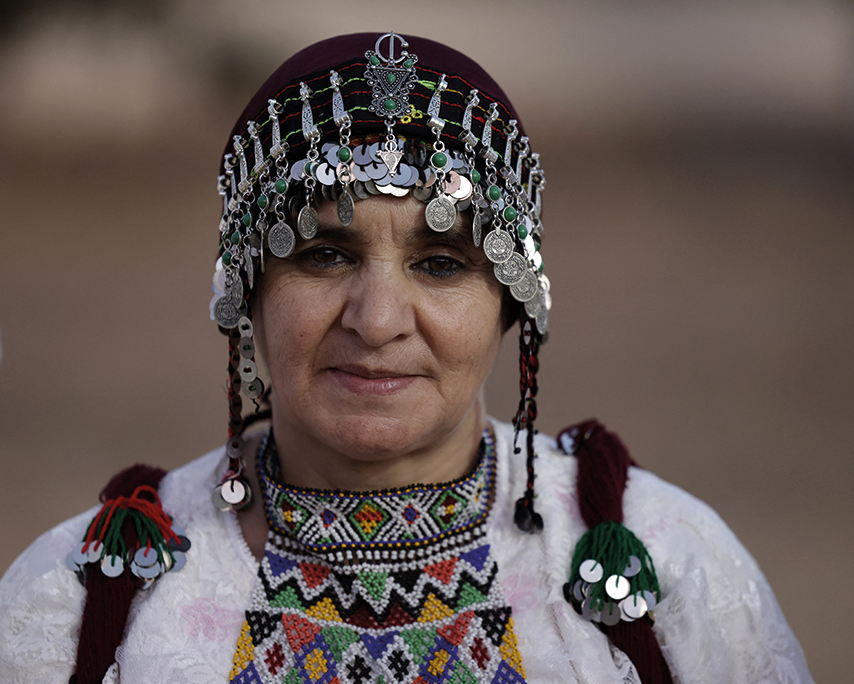International Day of Women and Girls of African Descent
African women and girls must lead without losing their roots
In many villages across Africa, young women are beginning to ask powerful questions. They are starting businesses, leading youth groups, using mobile phones to learn, and speaking up in barazas. They are not waiting for permission. They are already showing that leadership does not begin in a city or a capital—it begins wherever there is courage, vision, and voice.
In recent years, we have seen this shift. However, we have also seen the challenges whereby women and girls have been silenced in meetings, called “too young” to understand, or told to wait their turn. Sometimes, we young women begin to doubt ourselves, wondering if we must choose between honouring our mother’s ways and dreaming of something new.
As we commemorate International Day of Women and Girls of African Descent we ask: What if we can do both?
This is the idea behind a growing movement of young African women, especially in rural areas, who are shaping their communities and futures without forgetting where they come from.
Our mothers and grandmothers have always been leaders. They ran homes, grew food, led women’s groups, raised children, and built unity. Many of them did this without formal education or public praise. Their leadership was quiet but strong. Today, we carry their lessons with us—lessons of harambee (pulling together), endurance, and wisdom.
However, the world around us is changing. Technology is coming to villages. Climate change is affecting how we farm. More girls are going to school. We are seeing opportunities our mothers never had. This means we must build on their strength, not replace it, but also step into new spaces they did not get to enter.
From young women leading table banking groups, organising clean-ups, starting agri-businesses, and guiding peers on reproductive health, often, these efforts start small—under a tree, in a WhatsApp group, or during church meetings. What they prove is that you do not need to be in Nairobi to make a difference. You do not need to speak English to lead. You need to start where you are with what you have.
Still, we face barriers. Elders may expect us to stay quiet. Male leaders may ignore our ideas. Even within ourselves, we may fear we are not “qualified enough.” That is why these discussions—between generations, between villages, and among young women—are so important.
A key lesson to learn is that change occurs more quickly when we speak the language people understand, both literally and culturally. When we use Swahili or our mother tongues in meetings and when we share stories, songs, or real-life examples, people listen. This is why it is important for women and girls to use what they know. If you understand farming, speak up in cooperative meetings; if you love technology, help others use phones or mobile money safely; if you are a good speaker, talk to youth groups. You do not need a title. You need a voice.
Equally important is for us to realise that no one person comes with all the answers. However, we can listen and help open doors for others. The real power lies with the young women who walk through those doors. When they do, they bring history, their energy, and their dreams with them.
Every young woman must understand that they are not too young, too rural or too late. Additionally, there is no need to throw away the past but rather to bring it with us into a future we shape with our own hands. For ourselves. For our communities. For the women yet to come.



